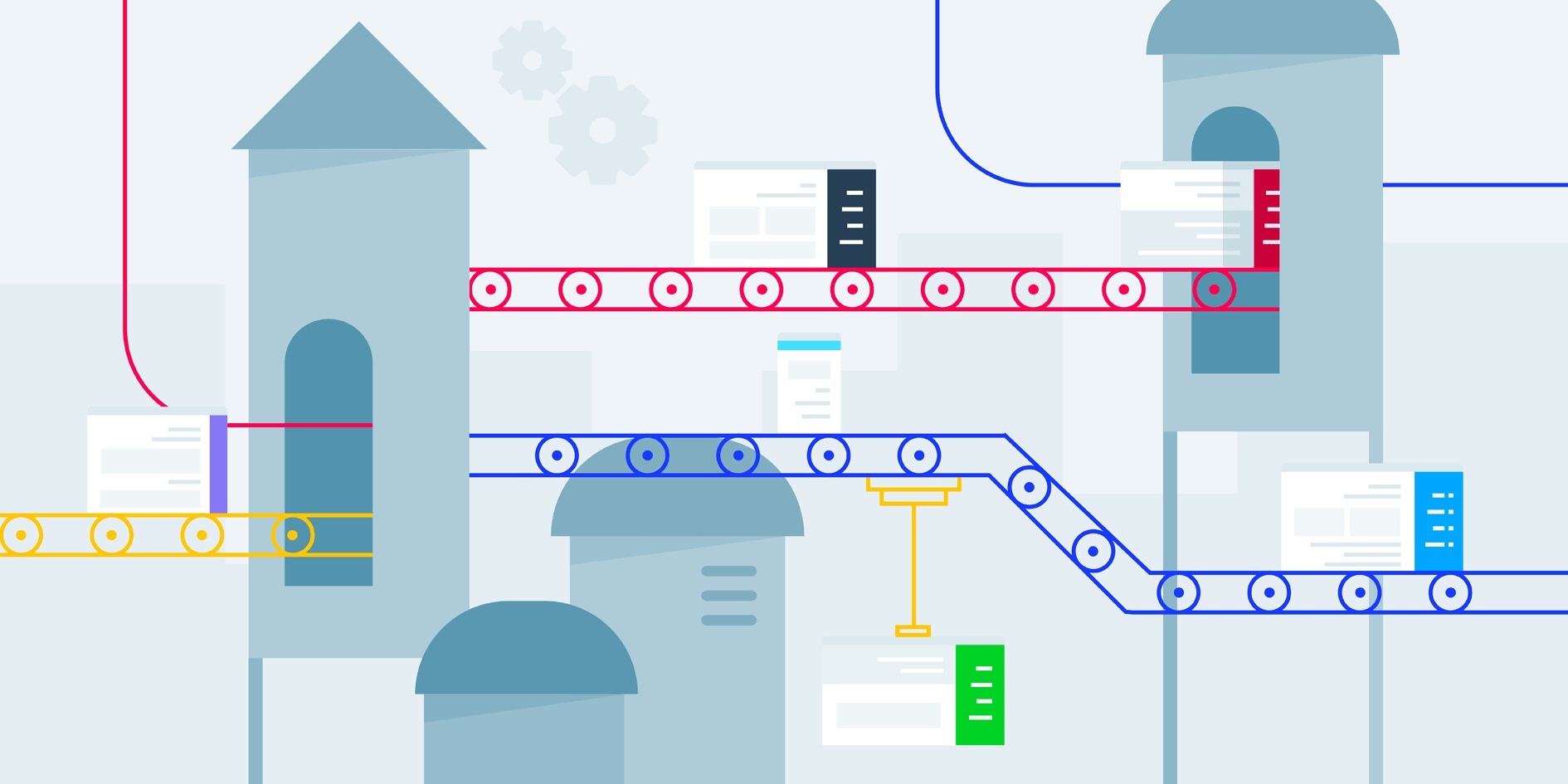
Manufacturing software has revolutionized how factories operate, making processes smoother and more efficient. But what exactly is it? Manufacturing software refers to computer programs designed to manage and streamline production activities. These tools help in planning, scheduling, and monitoring the entire manufacturing process. They ensure that resources are used effectively, reducing waste and increasing productivity. From tracking inventory to managing supply chains, manufacturing software plays a crucial role in modern production. Curious about how it impacts daily operations? Let's dive into 18 fascinating facts that will give you a deeper understanding of this essential technology.
What is Manufacturing Software?
Manufacturing software helps manage and streamline production processes. It integrates various functions like planning, scheduling, and inventory management. Here are some intriguing facts about this technology.
-
ERP Integration: Many manufacturing software systems integrate with Enterprise Resource Planning (ERP) systems. This allows for seamless data flow between different departments, improving efficiency.
-
Real-Time Monitoring: These systems often include real-time monitoring capabilities. This means managers can track production progress and identify issues immediately.
-
Inventory Management: Manufacturing software can automate inventory management. This reduces the risk of overstocking or stockouts, saving money and resources.
-
Quality Control: Quality control features are common in manufacturing software. They help ensure products meet specific standards before reaching customers.
-
Customizable Dashboards: Many systems offer customizable dashboards. Users can tailor these to display the most relevant data for their needs.
Benefits of Using Manufacturing Software
Using manufacturing software can bring numerous benefits to a company. Let's explore some of these advantages.
-
Increased Efficiency: Automating various tasks can significantly increase overall efficiency. This allows workers to focus on more critical tasks.
-
Cost Reduction: By optimizing processes, companies can reduce waste and lower production costs. This leads to higher profit margins.
-
Better Decision Making: Access to real-time data helps managers make informed decisions quickly. This can improve overall business strategy.
-
Improved Communication: Manufacturing software often includes communication tools. These help ensure everyone is on the same page, reducing misunderstandings.
-
Scalability: As a company grows, its software can scale with it. This means the system can handle increased production without needing a complete overhaul.
Types of Manufacturing Software
There are various types of manufacturing software, each designed for specific needs. Here are some common types.
-
MES (Manufacturing Execution System): MES software focuses on executing and monitoring production processes. It helps ensure products are made correctly and efficiently.
-
PLM (Product Lifecycle Management): PLM software manages the entire lifecycle of a product. This includes design, production, and disposal.
-
SCM (Supply Chain Management): SCM software manages the flow of goods and services. It helps ensure materials are available when needed.
-
MRP (Material Requirements Planning): MRP software focuses on planning material requirements. It helps ensure the right materials are available at the right time.
Challenges in Implementing Manufacturing Software
Implementing manufacturing software can come with challenges. Understanding these can help companies prepare better.
-
High Initial Costs: The initial cost of purchasing and implementing manufacturing software can be high. However, the long-term benefits often outweigh these costs.
-
Training Requirements: Employees may need extensive training to use the new system effectively. This can take time and resources.
-
Data Migration: Migrating data from old systems to new ones can be complex. Ensuring data accuracy during this process is crucial.
-
Resistance to Change: Employees may resist changes to their workflow. Effective change management strategies can help mitigate this issue.
Final Thoughts on Manufacturing Software
Manufacturing software has revolutionized how industries operate. From streamlining production to enhancing quality control, these tools are indispensable. They help reduce costs, increase efficiency, and boost productivity. Companies can now track inventory, manage supply chains, and predict maintenance needs with ease. This software also facilitates better communication between departments, ensuring everyone stays on the same page.
Moreover, data analytics provided by these systems offer valuable insights, helping businesses make informed decisions. As technology advances, manufacturing software will continue to evolve, offering even more capabilities. Investing in the right software can give companies a competitive edge, enabling them to stay ahead in a fast-paced market.
Understanding these facts highlights the importance of adopting modern manufacturing software. It’s not just about keeping up with trends; it’s about transforming operations for a more efficient, productive future.
Was this page helpful?
Our commitment to delivering trustworthy and engaging content is at the heart of what we do. Each fact on our site is contributed by real users like you, bringing a wealth of diverse insights and information. To ensure the highest standards of accuracy and reliability, our dedicated editors meticulously review each submission. This process guarantees that the facts we share are not only fascinating but also credible. Trust in our commitment to quality and authenticity as you explore and learn with us.


